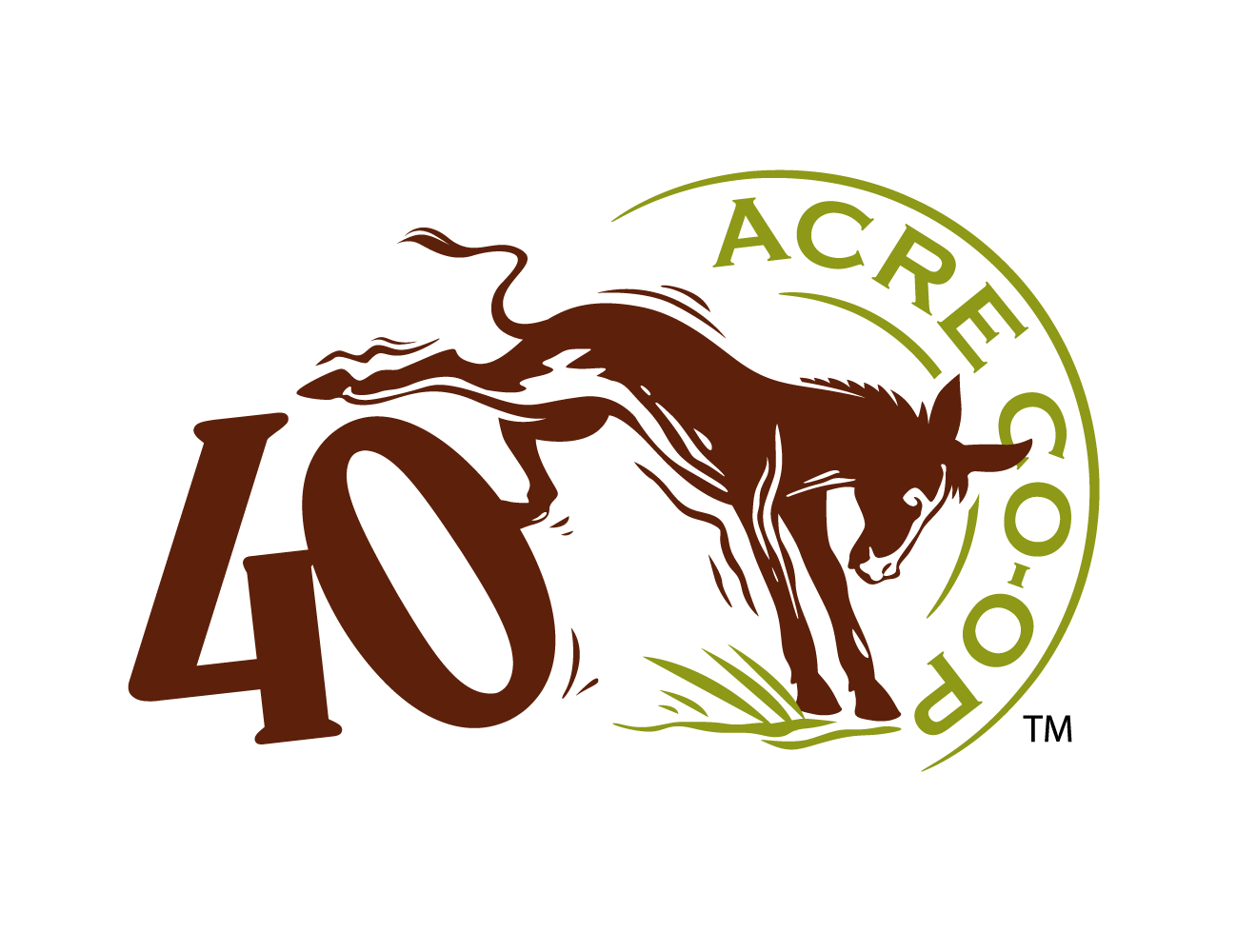Minnesota Monthly – Champions of Change in Minnesota: Farmers for Change | Feb 12, 2021
Source: https://www.minnesotamonthly.com/lifestyle/champions-of-change-in-minnesota-farmers-for-change/
Three local organizations lift up BIPOC crops, food systems, and dreams
Neely Snyder – Executive Director, Dream of Wild Health
Farming is a backbone of America, but many farmers have not been afforded the same opportunities. Fortunately, there are Minnesota organizations working hard to level the field. With expanding farming operations on the horizon, these organizations’ missions to support Minnesota communities with fresh food, education, and inspiration makes a more equitable agricultural industry possible for the next generation of farmers.
Neely Snyder – Executive Director, Dream of Wild Health
Started in 1998, Dream of Wild Health (DWH) is a nonprofit dedicated to building and supporting Native and Indigenous farmers’ food sovereignty in Minnesota. Led by executive director Neely Snyder (St. Croix Ojibwe), the organization’s mission is to restore health and well-being in the Native community by recovering knowledge of and access to healthy Indigenous foods, medicines, and lifeways.
In spring of 2020, DWH expanded its farm in Hugo, about 40 minutes north of the Twin Cities, from 10 to 30 acres for distribution to their community, with several crops using heritage seeds passed down for generations. “The farm provides a safe environment for our community and allows us to distribute several tons of Indigenously-grown produce into our community,” Snyder says. “I am thrilled that we were able to triple our farm size this year.”
It also provides an incubator space for new Native farmers who need access to land and chances to network with local Indigenous chefs, restaurants, schools, and other markets. Looking to the future, Snyder says the organization’s goal is to support the program’s youth into adulthood. “We often say, ‘We grow seeds and we grow leaders,’” she says.
Angela Dawson – President & CEO, 40 Acre Co-Op
Angela Dawson – President & CEO, 40 Acre Co-Op
The first national Black farmer co-op since the reconstruction era, 40 Acre seeks to fight a steep decline in Black farmers since the early 1900s. (In 1920, there were 925,710 compared to just 45,508 today.)
A fourth-generation Midwestern farmer, Angela Dawson decided to begin farming full-time in 2018. Dawson says she and her family have faced systemic racism in the world of agriculture throughout the ages. When Dawson returned to farming, she came across some of the same barriers as the generations before her had, and knew there were most likely others in a similar position. “I jumped on the phone, started doing some research, and ended up hosting weekly farm Zoom meetings to find out how other independent Black farmers were getting by,” she says. “Sadly, some of their stories of exclusion, and in some cases hostility, were more extreme than mine.”
The co-op launched in 2019 to address a wealth gap for Black farmers and help socially disadvantaged farmers compete. The operation is run from a farm in northern Minnesota, but 40 Acre has members all over the Upper Midwest and Southern U.S., including Native, Indigenous and tribal communities. Right now, the organization’s focus is the hemp industry.
Dawson is immensely proud to be working to reestablish her family’s farming legacy and embolden a new generation of farmers along the way. “Every conversation I have with a farmer where I get to witness their story transforming from trauma to inspiration… These conversations make me feel proud every single time,” she says.
Janssen Hang – Executive Director & Co-Founder, Hmong American Farmers Association
Janssen Hang – Executive Director & Co-Founder, Hmong American Farmers Association
At a young age, Janssen Hang helped his family throughout the entire farming process—from growing and harvesting to selling vegetables at markets. Now, with 20 years of experience in agriculture and 12 years in small business management under his belt, Hang leads the Hmong American Farmers Association (HAFA) and still finds time to sell spring rolls and egg rolls at his family’s stand at the downtown Saint Paul Farmers Market.
HAFA was founded in 2011 by Hmong American farming families to create wealth and break down community barriers to land, financing, training, research, markets, and sustainability. (Hmong farmers make up more than 50% of all sellers in metropolitan farmers markets.) After almost a decade of advocacy, HAFA is on the cusp of purchasing a 155-acre farm in Dakota County where member families have been able to farm for the past six years, develop business and agricultural skills, and grow produce for the HAFA Food Hub.
“It means a lot to the farmers… to be able to say they own the farm,” Hang told the Star Tribune regarding the proposed land purchase. This is just one of many steps Hang has led to help strengthen the Hmong farming community. HAFA also supports the community with collective farm business development, education and advocacy, with the goals of wealth creation and sustainable and equitable food economy.



